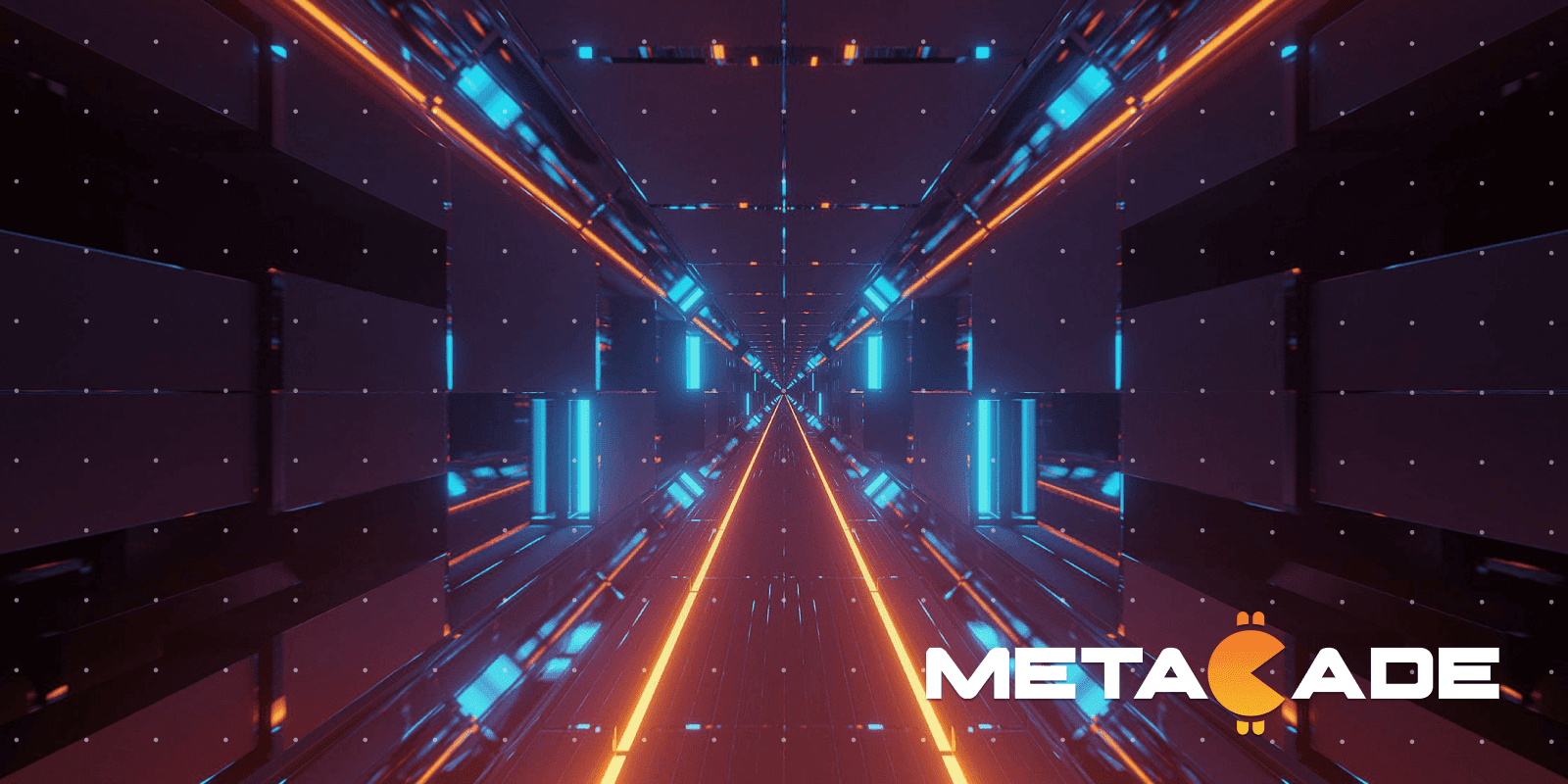
Metacade (MCADE) is an up-and-coming Web3 gaming ecosystem that is set to rival many existing metaverse projects, including Decentraland (MANA).
With multiple metaverses vying for attention, it can take time to pinpoint which ones really stand out from the crowd. But certain projects, such as Metacade, are making great strides towards doing so.
Metacade could play a key role in offering gamers access to Web3 and is different from what is offered by metaverse projects such as Decentraland.
The Decentraland Metaverse Explored
Decentraland is an Ethereum-powered virtual reality platform where you buy land that you can traverse, build on, and make money from. The digital assets that spaces are made of in Decentraland are LAND NFTs, which cannot be replaced or duplicated.
On your own LAND, you can design games, apps, gambling platforms, or even three-dimensional scenes. You can also develop LAND-based services for sectors like education and tourism. Each LAND plot is 33×33 feet but there is no set height limit. Decentraland also created LAND estates so you can manage your property more easily by connecting plots of land.
This is essentially the core of the Decentraland metaverse project. It is a property-based system that you purchase and build upon – real estate in a virtual setting.
Issues With Virtual Real Estate Platforms
The issue with virtual real estate platforms is that they are created exclusively for monetization. Certain plots of virtual land (which are NFTs tied to a given blockchain) are being bought for millions of dollars by wealthy real estate companies. A virtual piece of land within Decentraland sold for $2.4 million, which is quite a large figure. But there is little evidence that such purchases are tied to any real, intrinsic value.
Most owners are planning to monetize on these metaverse projects but without delivering much in the way of valuable ideas on how to do so. It’s likely we’ll see the metaverse filled with billboards of Mcdonald’s and Coca-Cola – and who honestly wants that? Advertising is an important element in marketing but it can’t be the sole use case or the prime reason for investment.
Metaverse projects should aim to give back to network participants in a fair manner and need to have built-in reward mechanisms. Otherwise, growth is artificial with poor prospects for metaverse projects lasting over the long term.
The Metacade Metaverse Project: Setting Itself Apart
Metacade is setting itself apart from the competition in multiple ways. For one thing, it does not simply offer plots of land. It’s an online arcade where users can select one of many games to play and earn income from playing.
It’s also an entire ecosystem, not merely a place to buy things. It’s a place for Web3 gamers to connect with one another, play games, stake tokens, and earn income without ‘flipping’ a virtual piece of land. Metacade will have job listings for game-related roles, as well as beta testing opportunities and social features.
Metacade offers many ways to make revenue, all of which are organic revenue because it relates to activity. Community members are rewarded for their contributions: from sharing ideas to posting reviews and testing new games, everyone is compensated for their support. It’s not merely purchasing a piece of land and waiting for it to appreciate in value. It is setting out to become a vibrant and comprehensive ecosystem for Web3 gamers.
The gaming platform will ultimately transition into a DAO (decentralised autonomous organisation) at a future date to ensure that decision-making is democratic and that the gaming community can shape Metacade in exactly the ways they would like.
The Metacade Metaverse: Different In Many Ways
Decentraland is a single game while Metacade offers a myriad of different games to play and will continually be adding to them.
Metacade is a gaming ecosystem where participants can find jobs, network, communicate, and invest in new projects, while Decentraland is focused on virtual land development. Put simply, Metacade is an entire gaming ecosystem with no end to growth potential, while Decentraland is only a game for virtual land development.
The majority of metaverses are currently overpriced and a little saturated. Axie Infinity, Decentraland, and the Sandbox appear to be places where wealthy individuals and organisations purchase NFTs but outside of that there is little else on offer.
On the other hand, Metacade gives back to Web3 gamers in many ways. It’s easy to earn rewards on the platform simply by engaging with the community and staking tokens. It’s built by gamers, for gamers, and will also be ultimately governed by gamers. Metacade is truly dedicated to its community.
Metacade also sets itself apart by virtue of being in its presale stage and is only just getting started, which could indicate an improved upside price. Currently, they are offering 125MCADE for $1 ($0.008 per token). By the final stage of the presale, this price will have gone up to over $0.02 per token – more than double the price.
By offering a comprehensive gaming ecosystem for Web3 and with an opportunity to get in early, Metacade presents itself as a serious value proposition. Offering far more than previous metaverse projects and with the potential to have great influence over the next generation of P2E, it’s well worth checking out.
You can participate in the Metacade presale here.
